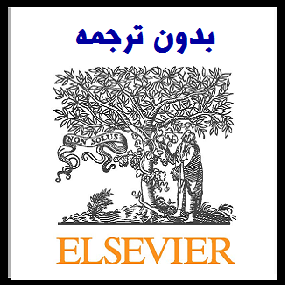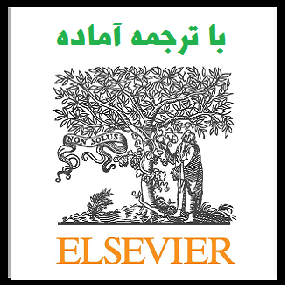دانلود رایگان مقاله آزمایش یک ابزار ارزیابی مربیگری ناشی از آموزش بزرگسالان در ورزش بزرگسالان – سال 2020


مشخصات مقاله:
عنوان فارسی مقاله:
آزمایش یک ابزار ارزیابی مربیگری ناشی از آموزش بزرگسالان در ورزش بزرگسالان
عنوان انگلیسی مقاله:
Testing a coaching assessment tool derived from adult education in adult sport
کلمات کلیدی مقاله:
ارزیابی مربی، یادگیری بزرگسالان و آندراگوژی، کارشناسی ارشد ورزش، توسعه نظرسنجی
مناسب برای رشته های دانشگاهی زیر:
تربیت بدنی
مناسب برای گرایش های دانشگاهی زیر:
روانشناسی ورزشی، مدیریت ورزشی
وضعیت مقاله انگلیسی و ترجمه:
مقاله انگلیسی را میتوانید به صورت رایگان با فرمت PDF با کلیک بر روی دکمه آبی، دانلود نمایید. برای ثبت سفارش ترجمه نیز روی دکلمه قرمز رنگ کلیک نمایید. سفارش ترجمه نیازمند زمان بوده و ترجمه این مقاله آماده نمیباشد و پس از اتمام ترجمه، فایل ورد تایپ شده قابل دانلود خواهد بود.
فهرست مطالب:
Abstract
Objectives
Design
Method
Results
Conclusions
Keywords
1. Introduction
2. Phase 1: targeted literature review
3. Phase 2: face validity
3.1. Method
3.1.1. Researcher vetting
3.1.2. Coach vetting
4. Results and interim discussion
5. Phase 3: factorial validity
5.1. Method
5.1.1. Participants
5.1.2. Instrument
5.1.3. A priori data analyses
5.2. Results
5.2.1. Preliminary analyses
5.2.2. CFA
5.2.3. ESEM
5.2.4. A posteriori exploratory analyses
6. Discussion
Author statement
Declaration of competing interest
Acknowledgment
Appendix A. Supplementary data
References
قسمتی از مقاله انگلیسی:
Abstract
Objectives: The effective tailoring of instructional approaches to adult learners is beneficial in educational domains. No tool exists to assess coaches’ use of adult-tailored methods in Masters (> 35+ years-old) sport. This study tested the content (face) and factorial (convergent, discriminant) validity of a self-report survey, derived from instructor assessment in adult education, for Masters sport coaches’ assessment of adult-oriented approaches. Design: Phase 1 involved a systematic search to nominate a survey for import to sport. Phase 2 involved the vetting of face validity among the researchers, and with 12 Masters coaches. Phase 3 tested the fit of a hypothesized factor structure to survey data from Masters coaches. Method: Twelve coaches (8 m, 4 f, ages = 27-75 years) representing eight sports judged the face validity of the Instructional Perspectives Inventory (IPI), resulting in descriptive statistics for each item’s suitability. A multi-sport sample of 383 Masters coaches (271 m, 110 f, 2 undisclosed; Mage = 49.32, SD = 13.60) completed the IPI, with responses submitted to confirmatory factor analyses and exploratory structural equation modeling. Results: Frequencies revealed awkwardness with items from disparate factors of the IPI, especially reverse-coded factors. The hypothesized measurement model was ill fitting to data obtained from sport coaches. Conclusions: Importing an established adult instructor survey from education and establishing its preliminary validity in adult sport was challenging. The resultant survey, even with minor modifications, proved insensitive to the context of Masters sport. Future research should translate content from emerging qualitative literature on the coached Masters context into a more viable quantitative instrument

